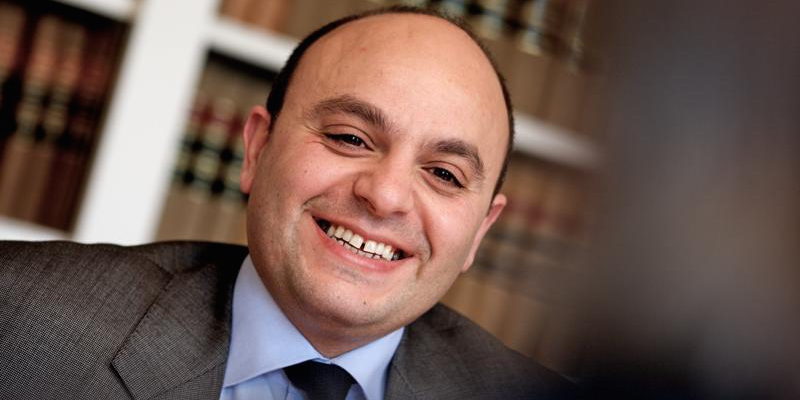Driven by the ability of the internet to relay news instantaneously, the days of newspapers as the dominant news source are long gone. As a result, there are now many new legal and practical challenges for defamation law as journalistic styles become increasingly blurred and news outlets seek to maintain a foothold.

"The law is constantly playing catch-up, trying to respond to developments in how people go about doing things," says Godwin Busuttil, a barrister at 5RB chambers, London who will teach in the Melbourne Law Masters in 2012.
"When it comes to the internet, this phenomenon, if anything, seems more pronounced. The internet has
a tendency to subvert the very rule of law. The internet stretches many of the established principles to breaking point. It represents a paradigm shift, but there has been no such shift in the law."
Busuttil says the "borderless structure" of today's communications technologies has signifi implications for trying to obtain civil redress against those who behave unlawfully. This often involves identifying and tracking down the defendant and seeking assistance from foreign local authorities.
"Prior to the emergence of satellite and internet-based communications technologies, libel defendants in English cases generally lived or were based in the jurisdiction, but now they are liable to be anywhere," says Busuttil who has acted for JK Rowling and her family in the landmark privacy claim Murray v Big Pictures (UK) Ltd and for Brad Pitt and Angelina Jolie in their successful 'false privacy' claim against the News of the World.
"Assuming the defendant puts in an appearance in the case at all, a number of difficulties may present themselves, such as confining the claim to publication of the defamatory material within a certain area even though it may have been published much more widely than that, and the need to prove there has been substantial publication of the material within the jurisdiction. It may also be a challenge to have a favourable judgment recognised and enforced in the country where the defendant is based."
The current technological landscape has also affected citizens' understanding of this area of law and the boundaries of what is lawful.
"This tendency can be illustrated, first, by reference to the widespread practice of illegal downloading and file-sharing, which many people freely participate in as if it were not unlawful."
Despite such difficulties in the area of defamation law, no international consensus about an appropriate balance in defamation laws between the freedom of expression and the protection of reputation has emerged.
Reflecting on the Leveson inquiry into press standards Busuttil says the jury is out on whether it will yield any important developments for media regulation.
"However, at the very least," he adds, "Leveson should result in a better public appreciation of how the press have been behaving themselves over the last few years, specifically in the context of their worryingly cosy relationship with the police, despite being warned by the Government in 1997 following the death of Princess Diana that they were 'drinking in the last chance saloon.'"
He also has some general advice for the conventional news media.
"It may not be in news media's best long-term interests to argue for an ever more liberal legal environment in which to operate," says Busuttil.
"What established newspapers still have over bloggers and other online news sources is the trust of their readers. An important part of what creates and cements this trust is readers' knowledge that newspapers they buy are subject to fairly onerous laws and regulations which oblige them to do their best to print the truth and respect privacy. Once trust is lost, people will stop reading newspapers."
Image: Godwin Busuttil